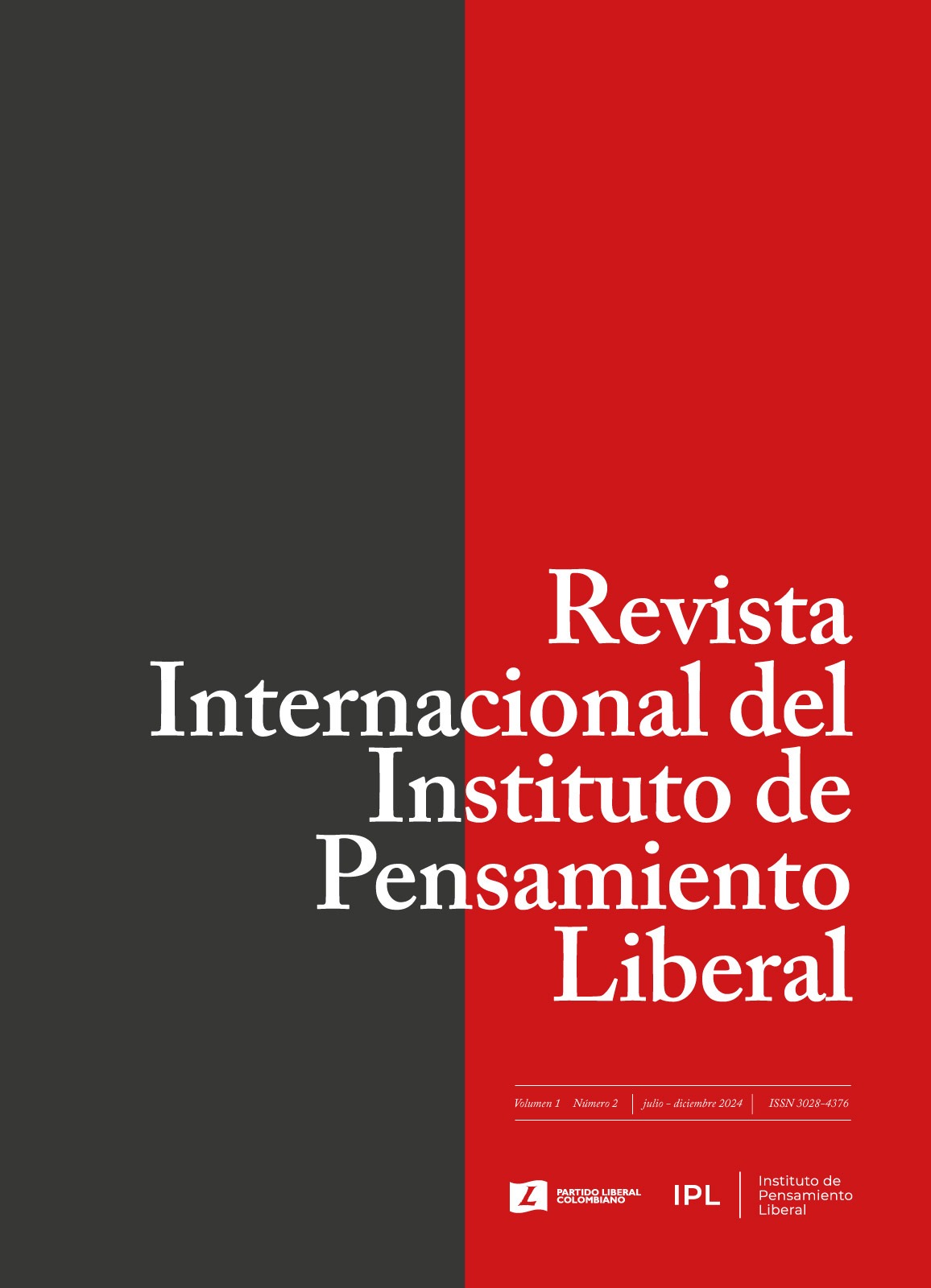The role of Artificial Intelligence in political decision making.
DOI:
https://doi.org/10.51660/ripl.v1i1.17Keywords:
artificial intelligence, decision making, algorithms, ethics, policyAbstract
Objective. To examine the divergent similarities between humans and machines in the decisional process, highlighting how AI presents itself as a potential ally in political decision making by offering fast and accurate analysis. Method. Review of secondary sources for the analysis of the integration of artificial intelligence (AI) in political decision making as a complex phenomenon. Results. The limits of AI in complex decisions are explored, where the understanding of the human context and ethical values play a crucial role. In addition, we discuss how politics and values influence the design and implementation of algorithms, as well as the ethical challenges inherent in the autonomy of AI systems. Conclusion. This article addresses the intersection between AI and politics, emphasizing the importance of considering both its benefits and ethical implications.
Downloads
References
Aparicio-Gómez, Oscar-Yecid, and William-Oswaldo Aparicio-Gómez. 2021. “Referentes Filosóficos Del Proceso Educativo.” Revista Internacional de Filosofía Teórica y Práctica 1 (2): 157–68. https://doi.org/10.51660/riftp.v1i2.37.
• Bard, Abigail. 2017. Technobiography: Humans become machines. New York, NY: NYU Press.
• Brundage, M, D Amodei, and C Russell. 2018. “The Malicious Use of Artificial Intelligence: Forecasting, Prevention, and Mitigation.”
• Camps, Victoria. 1998. “Teaching Values: What, How and Who.” Infancia y Aprendizaje 21 (82): 103–7. https://doi.org/10.1174/021037098320784943.
• Cortina, Adela. 2009. “La Política Deliberativa de Jürgen Habermas: Virtualidades y Límites.” Revista de Estudios Politicos.
• ———. 2011. “Ciudadanía Democrática: Ética, Política y Religión. XIX Conferencias Aranguren.” In Isegoria, 44:13–55. https://doi.org/10.3989/ isegoria.2011.i44.718.
• Feigenblatt, Otto von, and Oscar-Yecid Aparicio-Gómez. 2023. Trascending the Eternal Debate between Traditional and Progressive Education: A Constructive Scholary Dialogue. Edited by Otto von Feigenblatt and Oscar-Yecid Aparicio- Gómez. 1st ed. Vol. 1. Barcelona: Octaedro.
• Marwala, Tshilidzi. 2021. “Rational Machines and Artificial Intelligence.” Rational Machines and Artificial Intelligence, January, 1–257. https://doi. org/10.1016/B978-0-12-820676-8.09990-7.
• Russell, S J, and M Tegmark. 2016. Life 3.0: Being Human in the Age of Artificial Intelligence. Penguin.
• Tamás, Alexandra, and Tamás Koltai. 2020. “Application of Learning Curves in Operations Management Decisions.” Periodica Polytechnica Social and Management Sciences 28 (1): 81–90. https://doi.org/10.3311/PPso.14136.
• Teh, David, and Tarek Rana. 2023. “The Use of Internet of Things, Big Data Analytics and Artificial Intelligence for Attaining UN’s SDGs.” Handbook of Big Data and Analytics in Accounting and Auditing, 235–53. https://doi. org/10.1007/978-981-19-4460-4_11.
• Xie, Hanbo. 2023. “The Promising Future of Cognitive Science and Artificial Intelligence.” Nature Reviews Psychology 2 (4): 202. https://doi.org/10.1038/ S44159-023-00170-3.
Downloads
Published
Issue
Section
License
Copyright (c) 2024 Oscar Yecid Aparicio Gómez, Gregorio Holguín Galarón (Autor/a)

This work is licensed under a Creative Commons Attribution-NonCommercial 4.0 International License.




